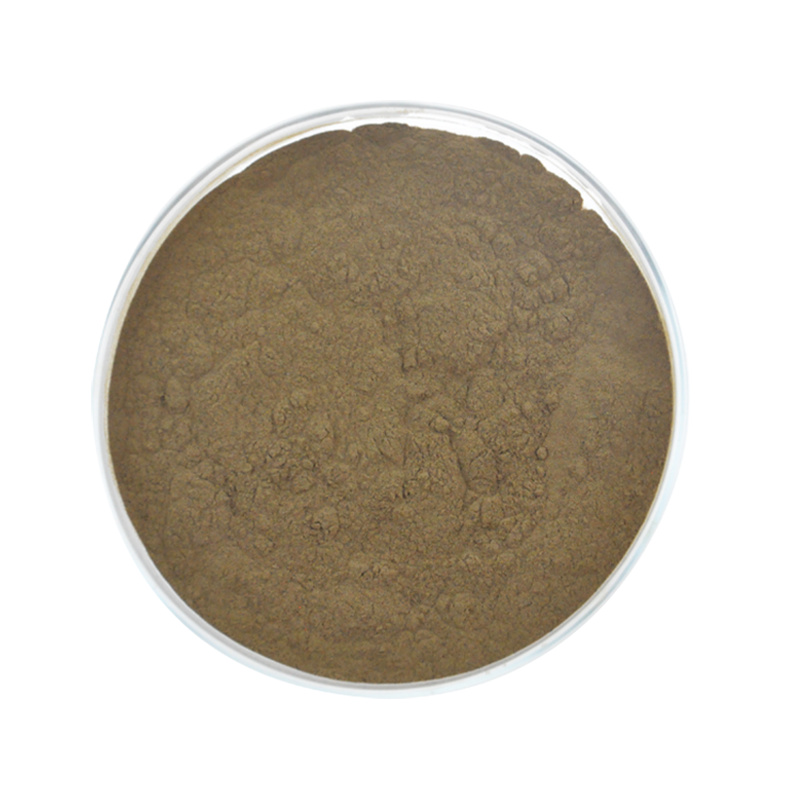LEXINGTON, Ky. (LEX 18) — The race to find a cure for the coronavirus is on, and the University of Kentucky added another arm to their clinical trial that uses Artemisia annua--also known as Sweet Wormwood.
Jill Kolesar PharmD, co-leader of the Drug Development Program at Markey Cancer Center and professor at the University of Kentucky College of Pharmacy, explained Artemisia annua is grown in Kentucky. "You may or may not know that Kentucky historically has been a very large tobacco producer. So one of the things that's important for our state is to find a replacement crop for tobacco. So I think that's where the whole relationship started," she said. Pure Anthocyanin Powder

The relationship is supported by ArtemiLife. Recent lab studies proved the extract for the medicinal plant Artemisia annua is active against SARS-CoV-2, the virus that caused the 2020 pandemic. Chemists completed those studies at the Max Planck Institute of Colloids and Interfaces in Germany with virologists at Freie Universität Berlin.
"The University of Kentucky and UK Markey Cancer Center are delighted to continue our collaboration with ArtemiLife to study this Kentucky-grown Artemisia annua as a potential treatment for patients with COVID infections," said Kolesar.
Researchers are hopeful for positive results as the drugs involved are strong and safe candidates for rapid scale, which is essential during a pandemic. The drugs are also readily available and relatively inexpensive.
COVID patients who are at high risk for a "bad COVID infection" are encouraged to participate in the trial. But, the trial is not for patients who are hospitalized in the ICU and on a ventilator.

Icariin Epimedium Extract "Once they decide they would like to participate, they get assigned to an arm for the medication that they're going to receive the medication is provided to them. And there's a couple of blood tests to confirm--at the beginning--and there's a couple of blood tests to confirm that," explained Kolesar. "That medication won't harm them, and then they take the medication for 14 days, and come back at the end of 14 days to make sure that their viral infection has been cleared."